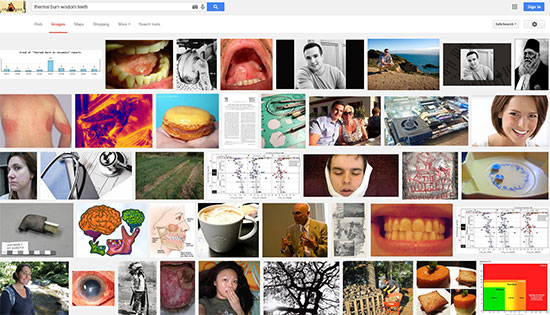For those who may read Modern Dental Marketing you may have seen a post in September 2013 titled “SEO Warfare: A Strategic Plan for Dentists” (edit: this article is now no longer live). If you don’t read the blog, I encourage you to read that post and make a note of a key change brewing in the search engine battle. Just a short year or two ago, Google used to be mostly the game in town. Google used to control over 90% of the search market for the PC and mobile. Nowadays that number has gone down a lot.
As of October 2013, Google controls 66.9% of the market, Bing controls 18.1% of the market, and Yahoo controls 11.1% of the market with Ask and AOL both also having a very small stake (see October Search Market Share: Bing Continues to Grow at Yahoo’s Expense). Now for the purposes of a search engine standpoint, one can consider Bing and Yahoo really to be almost the same since they share the same database, hence their database makes up 29.2% of all search engine results, which is certainly a number worth paying attention to. Also note that Google supplies Ask and Yahoo with their search results.
Now it is not clear what this change is caused by. It could be caused by increased marketing by Microsoft (which owns Bing) or other agreements it has arranged with institutions. It could also be caused by exuberance over at Google as a result of their well performing stock price when compared to Microsoft and Yahoo (until recently). In addition, it could be caused by changes Google has made to their search engine and consumers simply not liking the results they are getting as much as in the past, so they switch to a different search engine.
Personally, I have been disappointed by some of the search results Google returns when compared to Bing. I discussed this a bit in the post Aggressive Dental Marketing Practices where I showed that a certain wisdom teeth removal website was using questionable search engine optimization practices and performing well as a result in Google (which should not occur) and not as well in Bing (which should occur).
As another example let’s discuss searching in either Google or Bing for thermal burn wisdom teeth. Soft tissue damage can occur after wisdom teeth removal which in some instances is due to a thermal burn. This is discussed on the complications page over at http://www.teethremoval.com/complications.html currently at #53.
If we use Google for this keyword and do an image search the following images come up.

If we use Bing for this keyword and do an image search the following images come up.

If we compare the results between Google and Bing we see that in Google, actually none of the images appear to be from a thermal burn as a result of having wisdom teeth removed. Whereas Bing shows two cases of a thermal burn occuring after having wisdom teeth removed with the first result being from this website.

Thanks For the info, you are great , I have been searching for this for some time now, I just hope it works.